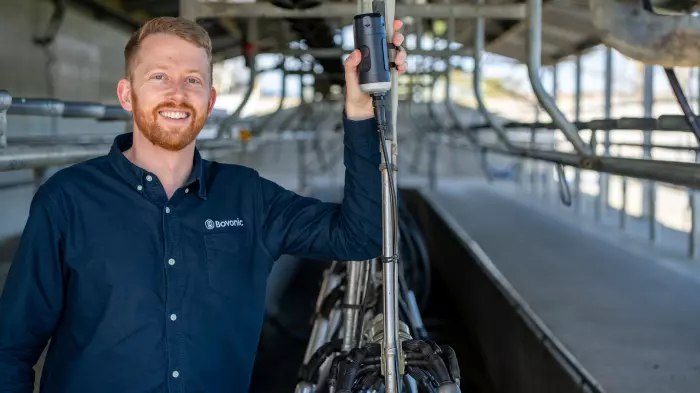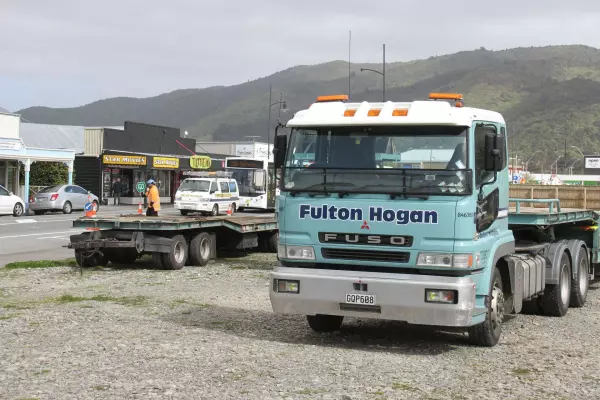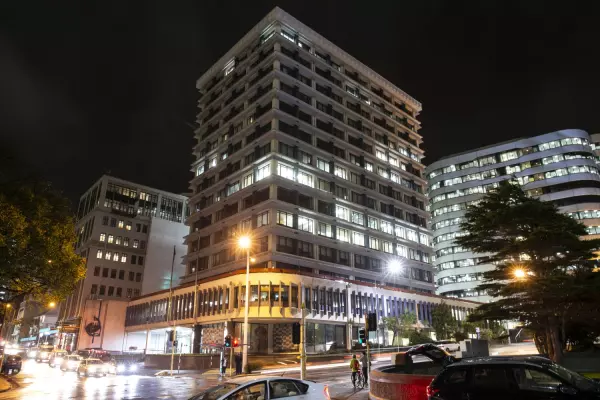Targeted retraining, thousands of new green jobs, and an extension to the wage subsidy were among measures unveiled in today’s ‘jobs budget’.
The government’s existing 12-week wage subsidy ends next month, having already paid out $10.7 billion to help keep 1.7 million Kiwis in jobs through the lockdown and subsequent restrictions. The extension to the scheme is predicted to cost another $3.2 billion.
Finance Minister Grant Robertson has been frank about the threat covid-19 posed to the economy since it became obvious that drastic action was needed, saying not every job and not every business would be saved.
“This government is acutely aware of the impact the covid-19 pandemic has had on our workers, which is why we moved so quickly to get money out the door to help employers keep their staff on the books during the lockdown,” he said in a statement.
“Many New Zealanders will be back at work now, but we know there will be some businesses that are still struggling, particularly in the tourism, hospitality and retail sector.”
The subsidy was initially targeted at small and medium sized businesses before it was widened to cover the big end of town, with companies needing to show they faced a 30 percent hit to revenue from covid-19.
From June 10, businesses that have, or expect to, suffer a 50 percent hit to revenue will be eligible for an extension to the subsidy, which will be open to applications for a 12-week period and paid as an eight-week lump sum at the same rates of the existing scheme.
Rising unemployment
The focus on jobs comes with unemployment seen rising to as high as 268,000 people in the September quarter this year, more than twice that in December. Ministry of Social Development figures show more than 30,000 people have applied for a jobseeker benefit through the lockdown.
Education Minister Chris Hipkins – who is already overhauling vocational training – announced a $1.6 billion package for trades and apprenticeships training, with targeted courses free for all ages over the next two years.
“It will include courses linked to industry skills needs, in building and construction, agriculture, and manufacturing, and also vocational courses like community health, counselling and care work,” Hipkins said. The fund will be available from July.
The government will also increase the volume of Trades Academy places in secondary schools by 1,000 a year from 2021 and fund the establishment of workforce development councils to plan for the recovery of industries and jobs hit by the outbreak.
Another $1.1 billion has been earmarked to create 11,000 jobs in regional New Zealand for environmental projects.
Of that, $315 million will go on pest eradication and management, $433 million on regional projects such as restoring mini wetlands and stabilising river banks, $200 million for a general nature fund, and $154 million for jobs to enhance biodiversity on public and private land across the country.
“There is an opportunity in these regions for people who have lost their jobs in other sectors to move into this habitat work, and the four-year investment programme will give businesses the certainty and confidence to invest and build their capacity and capability,” Conservation Minister Eugenie Sage said.














